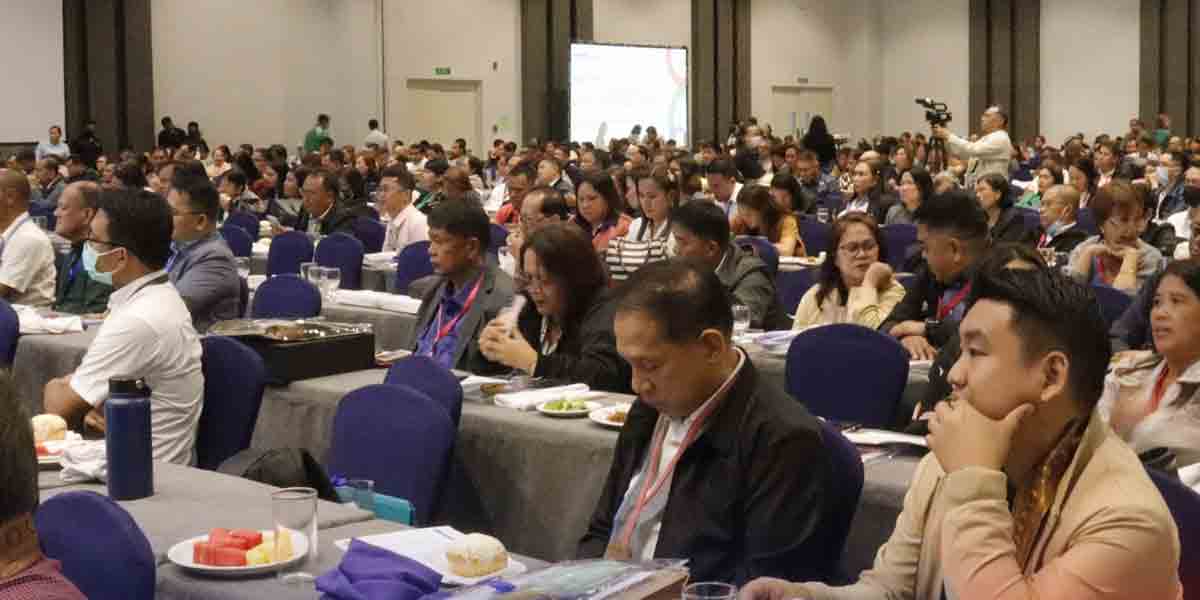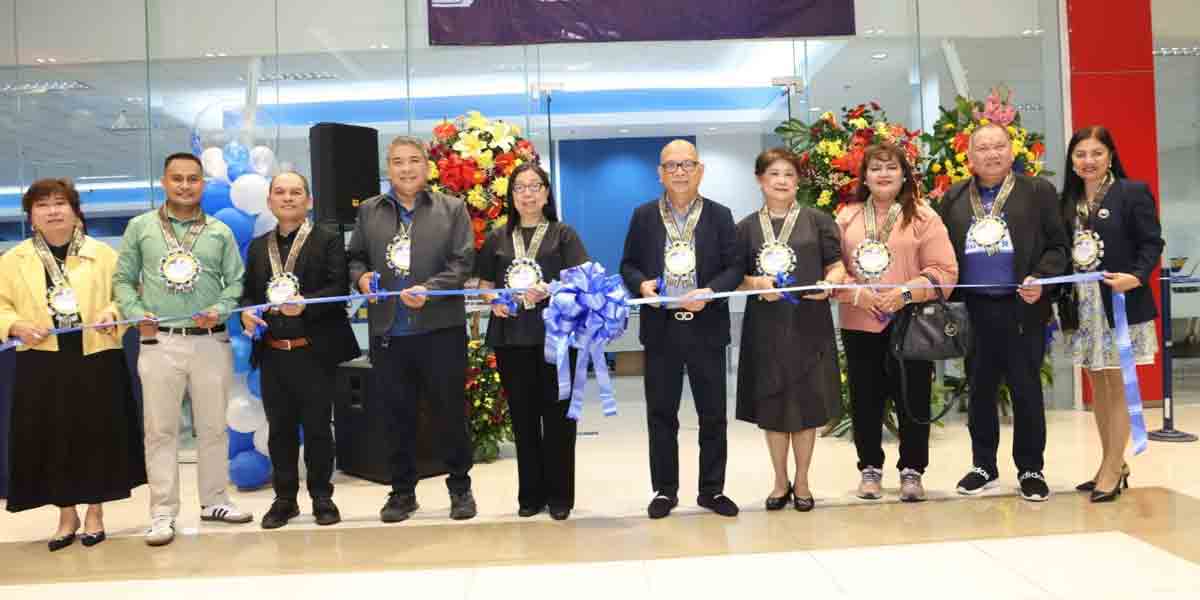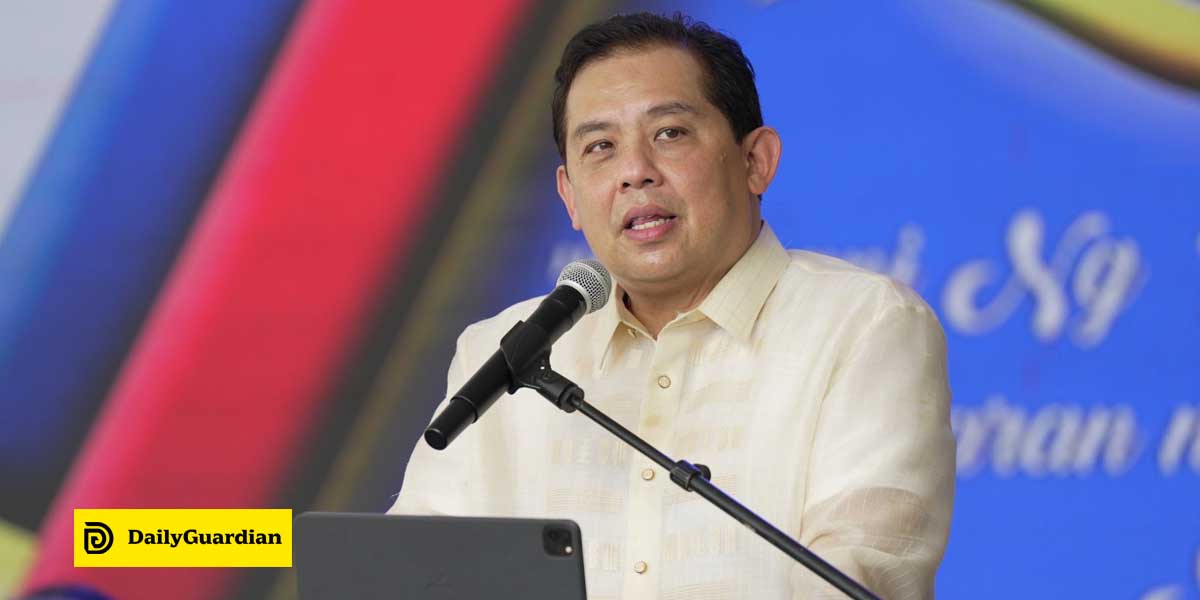
Department of Trade and Industry (DTI) Secretary Ramon Lopez, together with the Philippine Bamboo Industry Council (PBIC), marked the celebration of World Bamboo Day with a bamboo planting activity at the House of Representatives on Sept 18, 2020 to highlight the need to increase the supply of bamboo to support the requirements of the producers of bamboo-based finished goods.
The trade chief, in his speech, also highlighted the contributions of bamboo, such as its environmental impact—producing 35% more oxygen than hardwood trees—and the livelihood opportunities for communities directly involved in the planting and maintenance, including the many Micro, Small, and Medium Enterprises (MSMEs) that process bamboo into finished goods.

“We at DTI are proud to assist our MSMEs involved in the planting of bamboos and production of value-added products through our Shared Service Facilities (SSF) programs,” said Sec. Lopez.
The celebration of the World Bamboo Day commenced with the bamboo tree planting activity that simultaneously took place in over 100 sites nationwide, particularly in field offices of partner agencies, namely the Department of Environment and Natural Resources (DENR), the Department of Agriculture (DA), and the Department of Science and Technology (DOST).
In his remarks, House Deputy Speaker and PBIC Vice-Chairman Deogracias Victor “DV” Savellano likened the Filipino spirit to the strength and resiliency of bamboo despite any natural disaster or calamity.
The 18th Congress, through House Resolution No. 197 and adopted as Resolution No. 0020, officially declared September as the Bamboo month for the entire Philippines.
Sec. Lopez thanked the efforts of the members of the House of Representatives, through the leadership of Speaker Alan Peter Cayetano and Deputy Speaker Savellano.
“Let us continue to strengthen the bamboo industry as it offers a lot of livelihood opportunities for the Filipino people,” the trade chief said.

Together with PBIC Vice Chairman and House Deputy Speaker Savellano, House of Representatives Deputy Secretary-General Atty. Jarie Osias of the Office of the Speaker, PBIC Executive Director Rene Mandarang, and other officials from DENR, DA, and DOST, Sec. Lopez expressed support for the development of the bamboo industry and recognized the immense potential of the sector in creating more jobs and livelihood for Filipinos.
Bamboo is considered a very versatile material for many products, ranging from higher value-added outputs such as wood products, wall panels, and bicycles to utensils, handicrafts, and bamboo-based food and beverages, among others.
DTI has provided 125 Shared Service Facilities (SSF) to MSMEs engaged in the bamboo agri-business and the manufacturing of bamboo-based products. However, the local supply of bamboo is not enough, thus, there is a need to increase the plantation of bamboo. The country now has almost 70,000 hectares planted with bamboo and will be planting 40% of the national target next year to meet the demand.
DENR leads in the bamboo plantation efforts with the National Greening Program. Under the leadership of Environment Secretary Roy Cimatu, DENR has included bamboo as one of its priority materials. For 2020 alone, Sec. Cimatu said that DENR targets to cover 16,867 hectares of land nationwide with bamboo trees.
Meanwhile, Agriculture Secretary William Dar made a policy pronouncement earlier this year declaring bamboo as a high-value crop. Under its agri-industrial strategy, the DA brings together efforts in supporting items in high-value crops, undertaking various interventions that include research and development, budgetary support, and the use of technology to enhance farm productivity. They are also looking into inviting more Filipino and foreign investors to set up tissue culture facilities and engage in bamboo production and processing in the country.




















